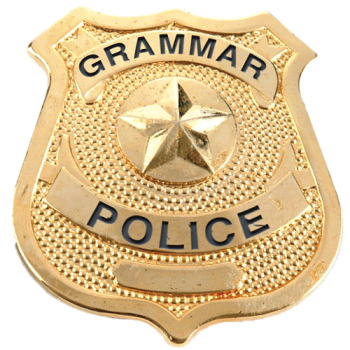- You are here:
- Home »
- Blog »
- Prepare for your IELTS Exam »
- Grammar in the IELTS exam – is it important?
Grammar in the IELTS exam – is it important?
 The short answer is ‘yes’ of course it is. Grammar is the foundation for any language and in order to be flexible in your usage and create new sentences in writing and interesting and varied phrases in your speaking you need to be able to use grammar. Grammar is, however just as important in the reading and writing tests. It is unlikely that you will have got to band 6, band 7 or 8 if you don’t have a reasonable command of English grammar so now it’s just a case of remembering to check it before you submit your answers.
The short answer is ‘yes’ of course it is. Grammar is the foundation for any language and in order to be flexible in your usage and create new sentences in writing and interesting and varied phrases in your speaking you need to be able to use grammar. Grammar is, however just as important in the reading and writing tests. It is unlikely that you will have got to band 6, band 7 or 8 if you don’t have a reasonable command of English grammar so now it’s just a case of remembering to check it before you submit your answers.
Here are some places where you will need to check your grammar:
- Short word answers (2 or 3 words) in reading and listening – check that the grammar fits – you may need to change a word to an adjective or noun or singular or plural if you don’t you won’t get the point.
- Summaries – the same applies – knowing grammar helps you to identify which words are possible in the spaces but when there is no list you may need to change the word.
- In listening you may need to adapt the words you hear to the grammar of the sentence too.
- In speaking grammar may decide your grade. Look at the descriptors how many grammar mistakes are tolerated at each band level – if you make lots of errors then practice, practice, practice – you can’t be thinking about the grammar in the exam you need to concentrate on the questions and giving spontaneous, fluent answer (these should be grammatical).
- The same is true of writing – the more grammar errors the lower the band – it’s as simple as that. Band 7 in the band descriptors -‘frequent error-free sentences’ and band 8 ‘the majority of sentences are error–free’.
- Grammar can also help in the reading to identify the right answer – singular or plural nouns for example could be a vital clue to the correct answer and there are often other grammar clues too.
In my experience those who get band 7 and band 8 are familiar and comfortable with English grammar. So if you have any doubts at all about your grammar then go and study it.
Being grammatically accurate is more important than learning lots of words.
